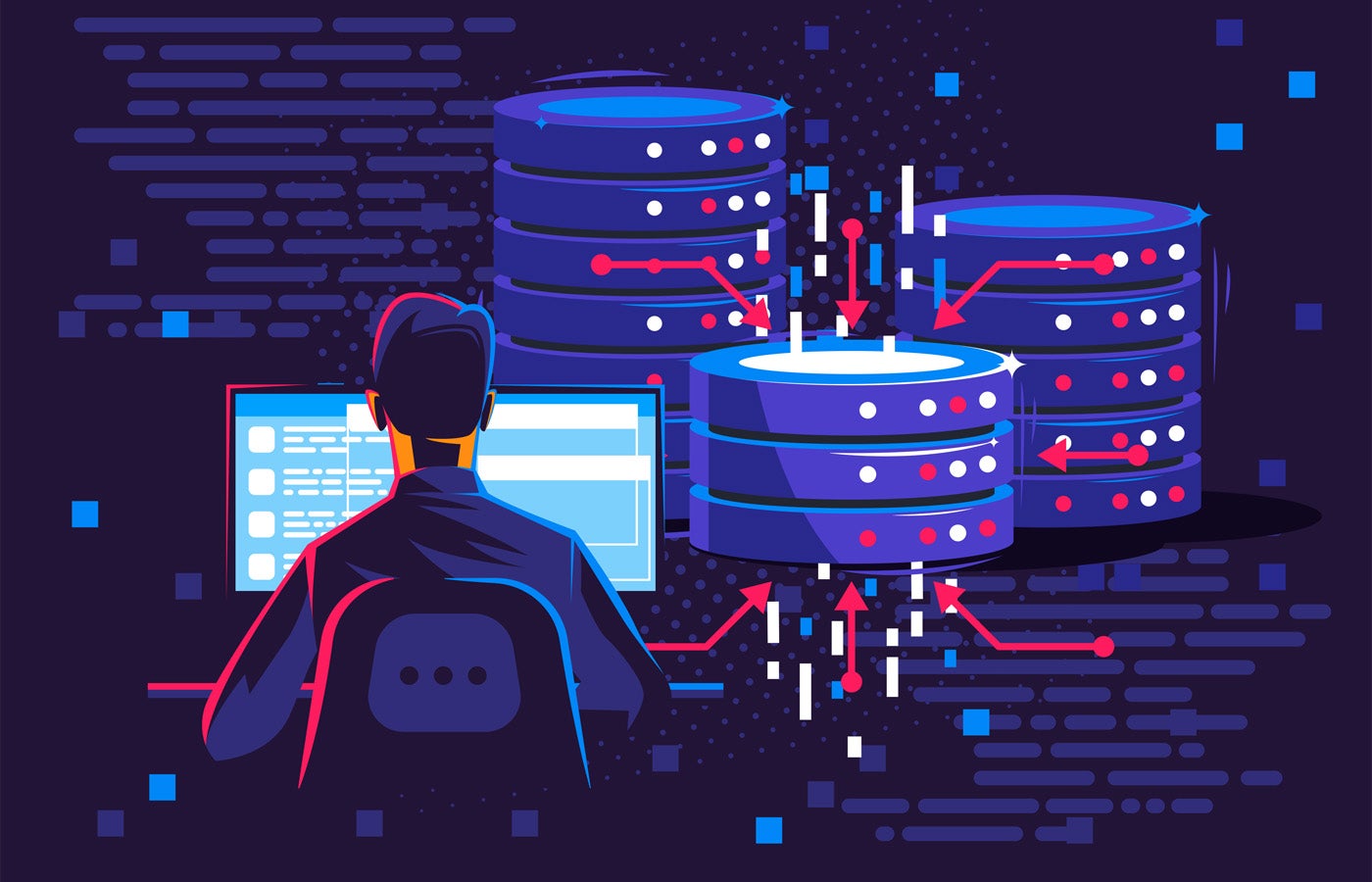
Turning larger volumes of real-time data into digestible analytics is becoming critical, especially with generative AI. Informatica argues stakeholders are demanding more visual and actionable insights.
The growth of generative artificial intelligence has made data a more highly valued currency for private organisations and agencies in Australia. For local data professionals, this means more attention is being paid to data, from data quality and governance to analytics and data literacy.
TechRepublic sat down with Informatica Global Senior Vice President and General Manager of Cloud Data Governance and Cloud Ops Brett Roscoe and Richard Scott, group vice president of Asia Pacific, to ask how the cloud data management firm is seeing local organisations adapt.
Informatica says stakeholders are now asking for real-time data insights to be made clearer to build confidence in decisions. Generative AI, meanwhile, will get data-related tasks done much faster and give staff more access to data insight via natural language queries.
Jump to:
1. Boards and execs want to make more sense out of real-time data
The amount of data in organisations and the speed at which it is being gathered and created in real time are creating big challenges. Boards and executives want insights from this data in more visual and consumable forms, so they are able to better understand it to make decisions.
Informatica’s Brett Roscoe said boards increasingly want to be able to grasp insights from real-time data through the likes of business intelligence and data visualisation tools, which can display important data insights via dashboards or extract data through custom queries.
2. Data literacy is a challenge, but boards are ‘analytically curious’
There is a significant problem with data literacy at board level in Australia. At the same time, boards are also becoming “analytically curious,” Roscoe said. Generative AI, in particular, is prompting boards to look more closely at how data is being used in their organisations.
SEE: Australia is adapting fast to generative AI.
Informatica is seeing more companies working with boards to improve education and understanding around data and analytics. This will allow them to understand the factors involved in arriving at that data, helping to inform their decisions.
3. Data democratisation is helping different teams realise value
There is a demand for data to get to a range of people in an organisation, not just boards. Whether it’s the marketing department, frontline customer service or lines of business wanting to build AI models, data pros need to consider how data will be needed and consumed.
“In the cloud and generative AI world we are in, data is coming out of the business in real time,” Roscoe said. “The challenge is how to get real-time data to constituents across the organisation before it becomes stale. If it takes three months to deliver, it may be partly irrelevant.”
4. Generative AI could speed up how data is processed and used
Australian businesses will see significant productivity advantages from generative AI, Informatica’s Richard Scott said. This includes shortening the length of data-related tasks, like saving weeks or sometimes months of effort in areas like data matching and data classification.
PREMIUM: Take advantage of this data classification policy.
“This presents opportunities to get real-time data in the hands of the right people,” said Scott. “Because if you are waiting three months for data matching and data classification, then real-time data isn’t really useful to you. There are so many productivity opportunities for government and business.”
5. Generative AI could also allow more employees to query data
Generative AI tools could play a big role in democratising access to data insights at different levels. Using natural language queries, even those with lower data skill sets will be able to ask questions of datasets, thereby simplifying and expanding data access across organisations.
Informatica’s CLAIRE GPT, for example, is an AI engine used for data management tasks like auto classification and rule generation. Natural language queries powered by generative AI are making data and insights more accessible for a wider range of business users.
6. Decision-makers now want actionable data, not just data
Data tools that do not empower executives and boards to make decisions have been described by some as essentially worthless and not worth investing in. Informatica’s Roscoe agrees, saying data by itself does not necessarily give decision makers what they need.
“As well as increasing data literacy, we have to provide relevant data that is easy to understand and create it in a way that is actionable,” Roscoe said. “If you are providing data that can’t support an outcome or decision-making process, it is hard for any executive to move on that.”
7. Tension continues between data sharing and data silos
Despite the ever-present fear that data will somehow leak out of an organisation if it is shared too widely, Informatica argues siloed data contains its own risks, and sharing data wisely can create value. Services provided by Australian government agencies are one example.
“Each agency has their own data on citizens, and they look at them slightly differently depending on the relationship,” Roscoe said. “The opportunity to look at a single citizen across multiple agencies would help governments support better services, like aged care or migration.”
8. Data access management trust can be built with tools
Building trust in access management will be critical to making sure data can be shared usefully within organisations. Capabilities like catering for different levels of access to data and the ability to cleanse or hide data based on access levels will support trust within organisations.
For example, Informatica’s recent acquisition of Privitar, a cloud data management access and privacy firm, will bring more advanced access controls into its cloud product to help customers balance the need to remain agile and provide self service with strong data management.
Source of Article



